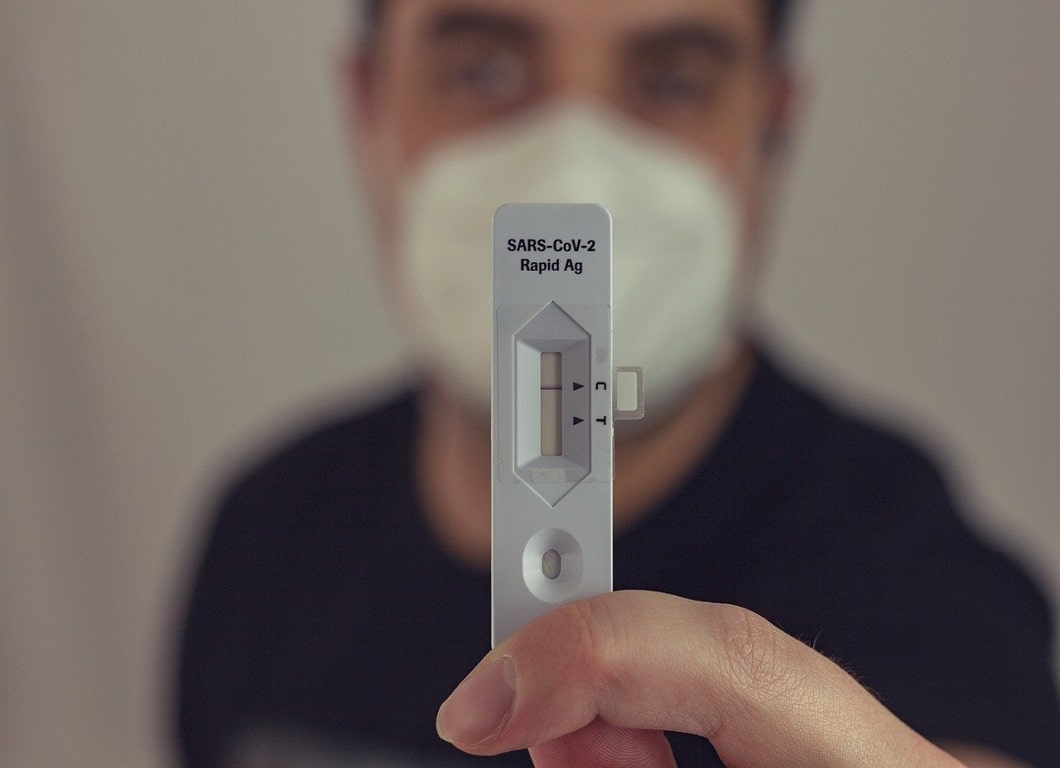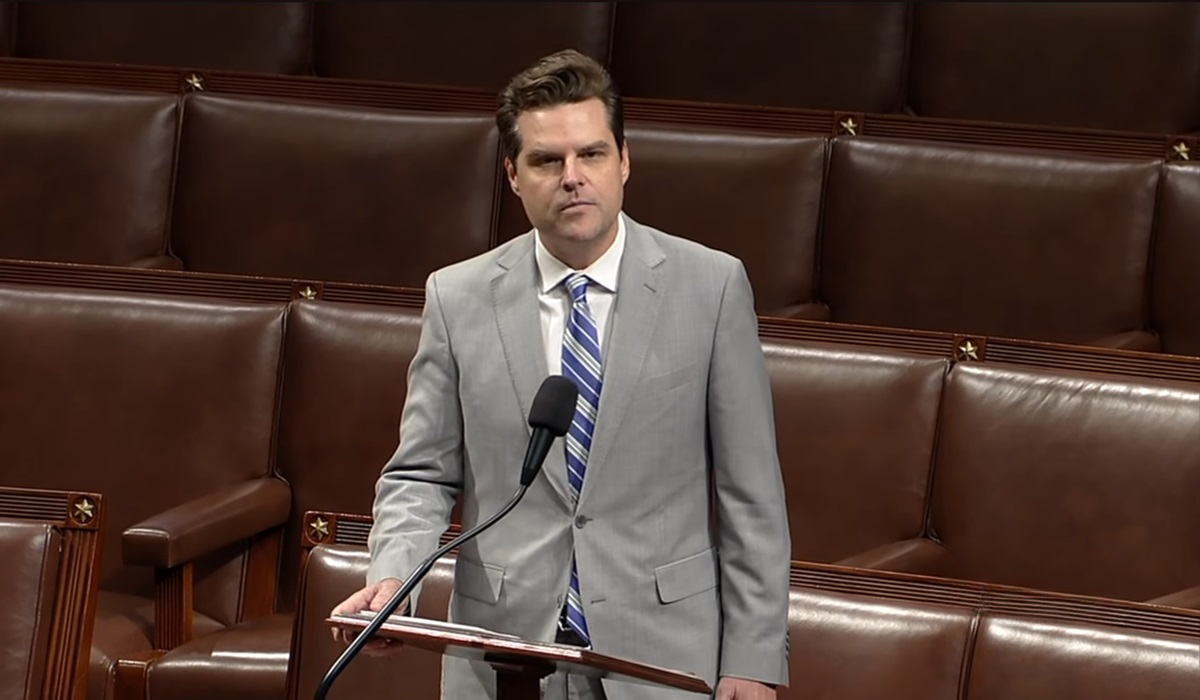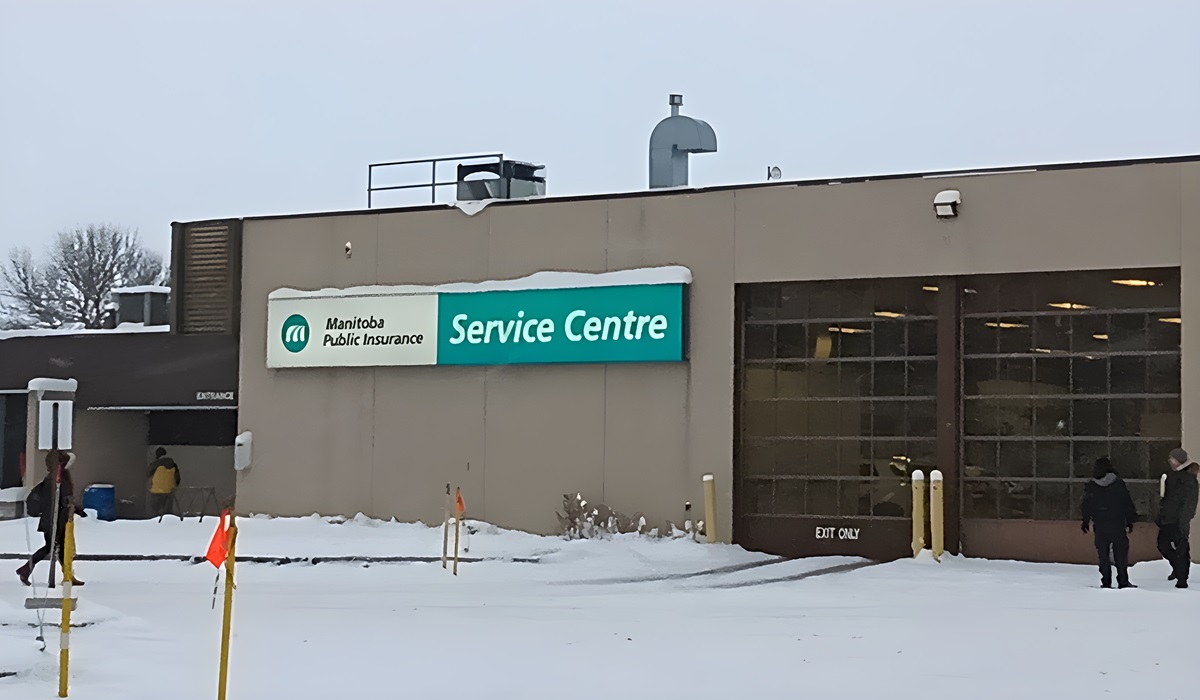Legislation to increase access to rapid testing across the country receives Royal Assent
Today, the Honourable Jean-Yves Duclos, Minister of Health, welcomed the Royal Assent in Parliament of Bill C-10 – An Act respecting certain measures related to COVID-19. This bill provides Health Canada with $2.5 billion in funding and the statutory authority to purchase and distribute COVID-19 rapid tests across Canada.
With this funding, the Government of Canada will ship hundreds of millions of additional COVID-19 rapid tests to provinces and territories and Indigenous communities over the next three months, free of charge. The funding also allows Health Canada to continue to provide tests for distribution through partners such as the Canadian Red Cross, chambers of commerce and pharmacies.
The Royal Assent of Bill C-10 provides increased and equitable access to rapid tests for everyone in Canada. It builds on the commitments of the December 2021 Economic and Fiscal Update, which proposed an additional $1.7 billion in funding for the purchase and distribution of rapid tests in Canada.
Bill C-10 allows Health Canada and the Public Health Agency of Canada to:
- Remain competitive in the procurement of rapid tests and quickly distribute the rapid test kits across the country in response to increased demand;
- Help small, medium and large-sized businesses maintain safe environments for their employees and patrons;
- Continue to support provinces and territories in securing the COVID-19 rapid tests they need; and
- Deliver rapid tests to community organizations, their personnel, and the people they serve, free of charge, through an ongoing partnership with the Canadian Red Cross.
COVID-19 continues to be part of our lives, and testing and screening remains an important tool to rapidly detect and isolate new cases, to support follow-up with close contacts and to prevent outbreaks in the community by breaking the chain of transmission. Along with public health measures such as frequent handwashing, physical distancing, wearing a mask, and vaccination, rapid tests can help to slow the spread of COVID-19 and protect individuals, their families and their community. Rapid testing for COVID-19 is safe, effective, easy to administer, and produces results in as little as fifteen minutes.
“Delivering hundreds of millions more rapid tests will help us reduce the risk of outbreaks, quickly identify and isolate cases, and limit the spread of COVID-19 and variants of concern. The use of these tests will help keep Canadians safe.” The Honourable Jean-Yves Duclos, Minister of Health
The Government of Canada has provided $3 billion via the Safe Restart Agreement to provinces and territories to increase capacity to conduct polymerase chain reaction (PCR) testing, perform contact tracing and share public health data. This funding provided a foundation to help jurisdictions slow the spread of the virus.
On top of the $3 billion that was transferred to provinces and territories, the Public Health Agency of Canada received $906.2 million to procure 92 million COVID-19 rapid tests between October 2020 to November 2021.
In addition to providing free COVID-19 rapid tests, the Government of Canada has provided $6.6 million to the Canadian Red Cross to distribute tests to charities and non-profits, and $8.5 million to the Canadian Chamber of Commerce to support distribution to small to medium‑sized businesses through local chambers.
Organizations with 200 or more employees, including federally regulated businesses, are able to receive free COVID-19 rapid tests directly from the Government of Canada.
In partnership with provinces and territories, small- and medium-sized businesses and organizations can also access rapid tests through distribution partners:
Participating independent pharmacies, Rexall, Sobeys and Shoppers Drug Mart locations in Alberta, Saskatchewan, Manitoba, Ontario, British Columbia, Prince Edward Island and the Northwest Territories; and Chambers of commerce in Ontario, Alberta, New Brunswick, and Saskatchewan.









